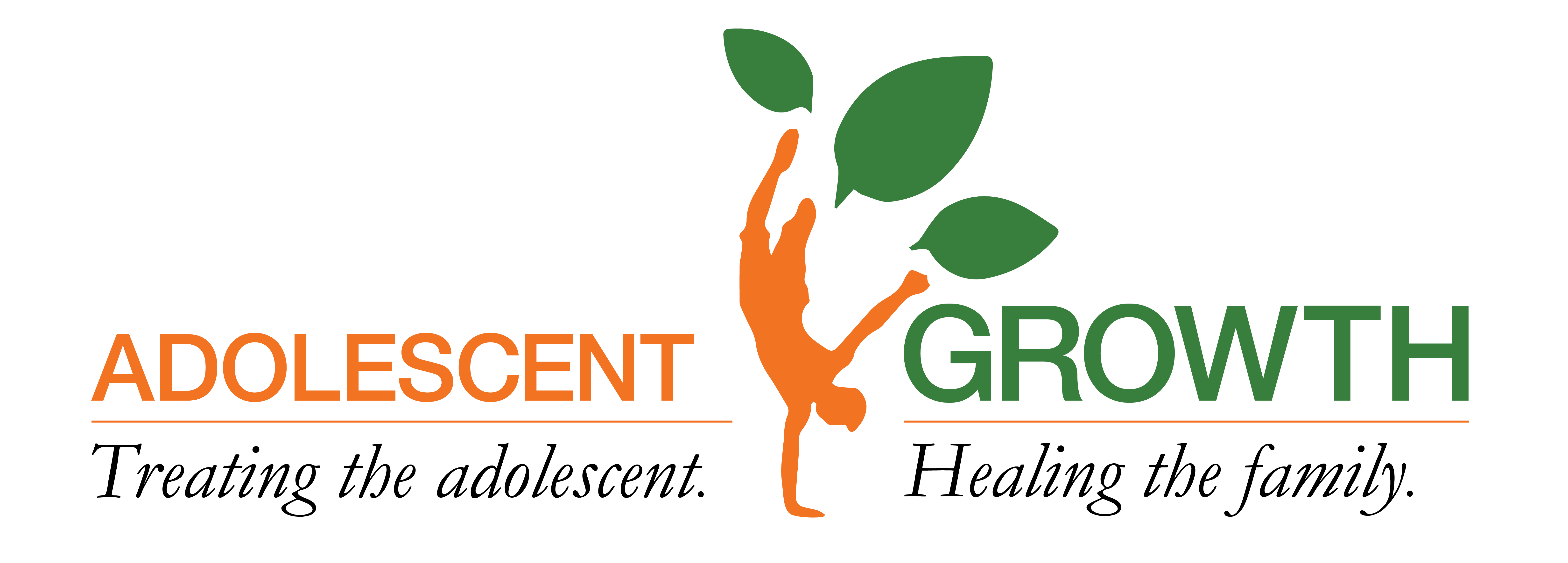Dialectical Behavior Therapy
What is Dialectical Behavioral Therapy?
How does DBT help?
DBT is a skills-based therapy that is divided into four modules: Mindfulness, Emotion Regulation, Distress Tolerance and Interpersonal Effectiveness. Clients are taught sets of skills in each module that reduce symptoms, curtail maladaptive behaviors and increase mindful awareness.
DBT’s dialectical approach to treatment holds that two things that are seemingly opposites can simultaneously be true. A DBT therapist accepts their client exactly as they are and at the same time acknowledges that they need to change in order to meet their goals.
What does the client learn in DBT?
Mindfulness
Distress Tolerance
Interpersonal Effectiveness
Many people with mental illness report that their lives are fraught with a high amount of interpersonal problems and conflicts. Interpersonal Effectiveness is a set of skills which help the client learn to ask for the things they need, advocate for themselves, say no and cope with interpersonal problems.
How is DBT administered?
DBT skills are taught in a group setting. Clients learn the skills, discuss situations in which the skills should be used and leave group with an assignment to use the skill that was discussed and report back the following week. Clients discuss their experiences using the skills (or failing to use them) and receive feedback from their peers as well as the group leader.
Individual therapy at Adolescent Growth incorporates DBT skills and principles. Clients discuss skillful coping strategies and receive support and encouragement from their therapist in order to enhance motivation and provide much needed emotional support.
Who can benefit from DBT?
Research has shown that DBT is effective in treating a wide variety of disorders and behavioral problems including substance abuse, eating disorders, post-traumatic stress disorder, depression and more. DBT is an excellent treatment option for people who are caught in dysfunctional patterns of behavior such as oppositional defiance, self harm, substance abuse and disordered eating. It is the gold standard for treating clients who suffer from suicidal ideation and are prone to suicide attempts and gestures.
